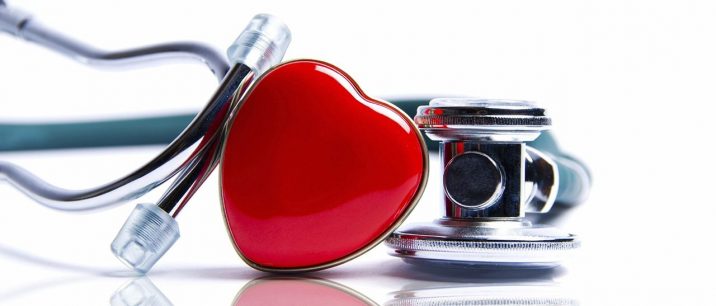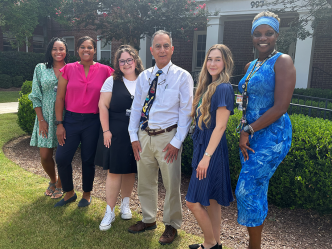Donna Nichols has always been a go-getter and, even at the age of 72, she has no problem keeping up with her grandkids or making time to exercise.
However, her active life was put on hold seven years ago when her doctor spotted an abnormal heart rhythm during a routine checkup.
“I had just turned 65 years old and I was feeling fine,” Nichols said. “The only word that comes to my mind was ‘shocked’ when the doctor said my EKG results were abnormal and he diagnosed me with AFib.”
Normally, the heart contracts and relaxes with each beat. But in Atrial Fibrillation, or AFib, the upper chambers of the heart beat irregularly, which can lead to blood clots, stroke, heart failure and other heart-related complications.
After her diagnosis, Nichols experienced three AFib episodes that left her feeling exhausted and experiencing heart palpitations.
“Whenever I was having an episode, it felt as if my heart was beating out of my chest and I had no energy to do anything,” said Nichols. “I even felt light-headed, and that is a very scary feeling.”
Nichols was referred to the Heart Rhythm Center’s Electrophysiology Lab at Augusta University Health, where she was introduced to Dr. Haitham Hreibe, a cardiac electrophysiologist in the Department of Medicine in the Medical College of Georgia.
After running several tests to evaluate Nichols’ heart condition, Hreibe concluded she was a candidate to undergo a cryoballoon ablation. This procedure works by delicately freezing the disabled heart tissue causing the arrhythmia.
“The recovery was great and I was back to my old self again,” said Nichols. “But, then I started experiencing the flutters again this year and I knew I had to reach back out to AU Health.”
Nearly two years after her procedure, Nichols experienced another AFib episode. In July, she underwent a minimally-invasive radiofrequency ablation, a treatment that interrupts the electrical pathways in the atrial wall tissue causing the abnormal heart rhythm.
Since receiving care at AU Health, Nichols says her energy levels have increased, and she is back to spending time with her family and doing the activities she loves.
Nichols is among the 1,200 patients the Heart Rhythm Center’s EP Lab provides care to each year. The quality of the lab’s staff and their ability to treat complicated heart conditions like AFib helped them receive the American Heart Association’s Heart Failure Gold Plus with Honor Roll and Target Type 2 Diabetes Honor Roll Awards for its commitment to providing quality treatment to cardiac patients.
The lab is also the first facility in Georgia and the sixth in the country to be accredited by the American College of Cardiology.
“I am proud of the work we do in the EP Lab, and this accreditation speaks to how diligent we are at finding the best clinical processes to improve the quality of life for our patients,” said Hreibe. “I am grateful we could provide the proper care for Donna, and we will continue doing our best to give each of our patients the support they need while under our care.”
September is National Afib Awareness Month, and Hreibe and Nichols are both available for interviews. Call 706-522-3023 to schedule an interview and learn more about the Heart Rhythm Center’s Electrophysiology Lab.
 Augusta University
Augusta University




